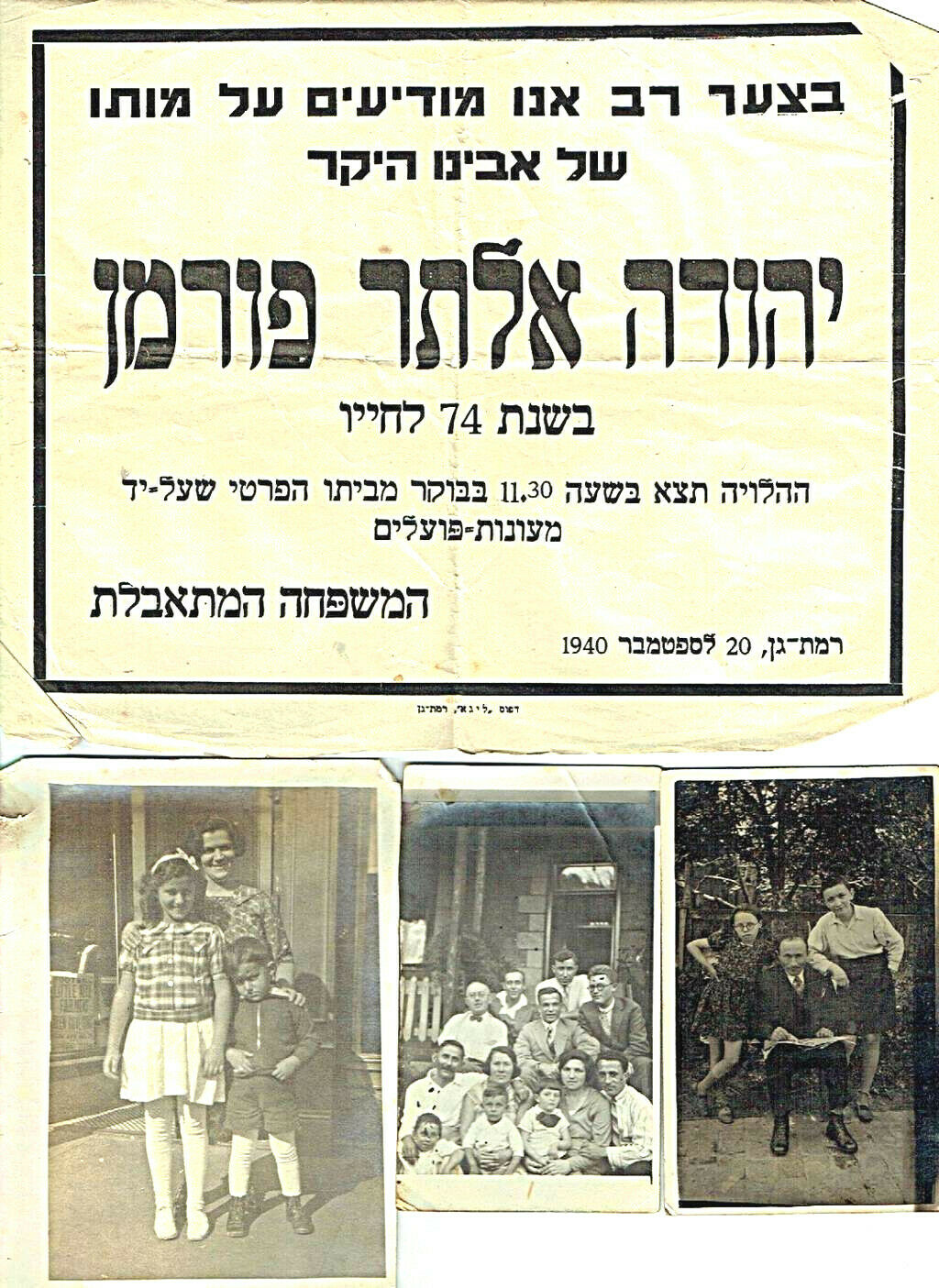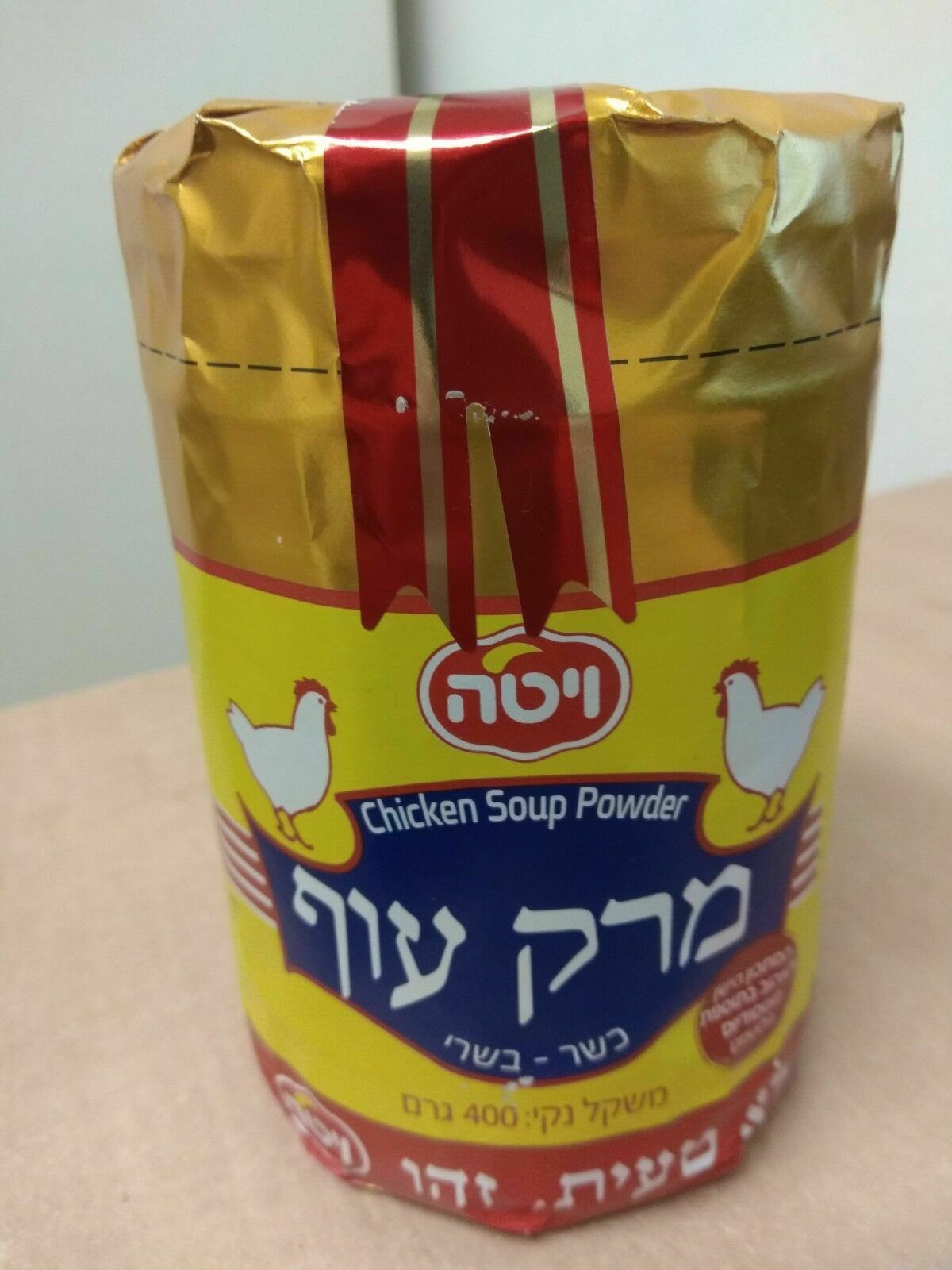-40%
1950 ISRAEL Judaica MOVIE GLASS SLIDE Kosher JEWISH Food HUMMUS Hebrew COOKING
$ 39.6
- Description
- Size Guide
Description
DESCRIPTION: Here for sale is an ORIGINAL vintage 1950's JUDAICA ADVERTISING Movie GLASS SLIDE for JEWISH KOSHER FOOD made in Israel home made HUMMUS with TAHINI ןun a glass jar - Please note - The years were 1950's and conserved home made HUMMUS with TAHINI was making its first commercial steps
. This magnificetly designed poster- like Hebrew ADVERTISEMENT is indeed a RARE BEAUTY . This image was projected on MOVIE SCREENS in Tel Aviv , Jerusalem , Haifa and elsewhere during INTERMISSION times between Westerns , Charlie Chaplin films or war films . The GLASS SLIDE ADVERTISEMENT
was issued in the 1950's by the TELMA food factory to promote its ISRAELI TYPICAL KOSHER PRODUCT - The home made HUMMUS with TAHINI . The typical 1950's SLOGAN was "TELMA BRINGS HUMMUS TO YOUR HOUSE "
. The slide SIZE is around 3.5" x 3.5" . Very good condition.
( Please look at scan for actual AS IS images )
The GLASS SLIDE will be shipped flat , Protected by a rigid surface inside a special protective bubbles packaging.
AUTHENTICITY
:
This GLASS SLIDE comes from a TELMA old wharehouse and is guaranteed ORIGINAL from the 1950's , NOT a reproduction , It comes with life long GUARANTEE for its AUTHENTICITY and ORIGINALITY.
PAYMENTS
:
Payment method accepted : Paypal
& All credit cards
.
SHIPPMENT
: Shipp worldwide via registered airmail is $ 19 . The GLASS SLIDE will be shipped flat , Protected by a rigid surface inside a special protective bubbles packaging .
Will be sent around 5-10 days after payment .
Hummus (Arabic:
حُمُّص
) is a Middle Eastern and Arabic food dip or spread made from cooked, mashed chickpeas blended with tahini olive oil, lemon juice, salt and garlic. Today, it is popular throughout the Middle East, Turkey, North Africa, Morocco, and in Middle Eastern cuisine around the globe. Hummus is a common part of everyday meals in Israel. A significant reason for the popularity of hummus in Israel is the fact that it is made from ingredients that, following Kashrut (Jewish dietary laws), can be combined with both meat and dairy meals. Few other foods can be combined with a wide variety of meals consistently with the dietary laws. It is seen as almost equally popular amongst Israeli Jews and Israeli Arabs. As a result of its popularity, Israelis elevated hummus to become a "national food symbol" and consume more than twice as much hummus as neighbouring Arab countries, according to figures by Tsabar Salads, a hummus manufacturer in Israel.Commenting on its popularity, Gil Hovav, an Israeli food editor interviewed on the BBC program
Cooking in the Danger Zone
, stated that "even during the intifada years Jews would sneak [...] into the Muslim quarter just to have a vital, really genuine good humous [
sic
," and noted that like many dishes considered to be Israeli national foods, hummus is actually Arab.However, he also said, commenting on Iraqi, Egyptian, Syrian or Yemeni food in Israel, that "Jews came from these countries to Israel and they brought their food with them".Many restaurants run by Mizrahi Jews and Arab citizens of Israel are dedicated to hot hummus, which may be served as chick peas softened with baking soda along with garlic, olive oil, cumin and tahini. One of the fancier hummus versions available is
hummus masabacha
, made with lemon-spiked tahini garnished with whole chick peas, a sprinkling of paprika and a drizzle of olive oil.Hummus is sold in restaurants, supermarkets and hummus-only shops (known in Hebrew as
humusiot
).Kosher foods are those that conform to the regulations of
kashrut
(Jewish dietary law). Food that may be consumed according to
halakha
(Jewish law) is termed
kosher
in English, from the Ashkenazi pronunciation of the Hebrew term
kashér
, meaning "fit" (in this context, fit for consumption). Food that is not in accordance with Jewish law is called
treif
(Yiddish:
טרײף
or
treyf
, derived from Hebrew
trēfáh
). A list of some kosher foods are found in the books of Leviticus 11:1-47 and Deuteronomy 14: 3-20, as are also certain kosher rules. Reasons for food not being kosher include the presence of ingredients derived from nonkosher animals or from kosher animals that were not slaughtered in the ritually proper manner, a mixture of meat and milk, wine, or grape juice (or their derivatives) produced without supervision, the use of produce from Israel that has not been tithed, or the use of non-kosher cooking utensils and machinery. ebay275











